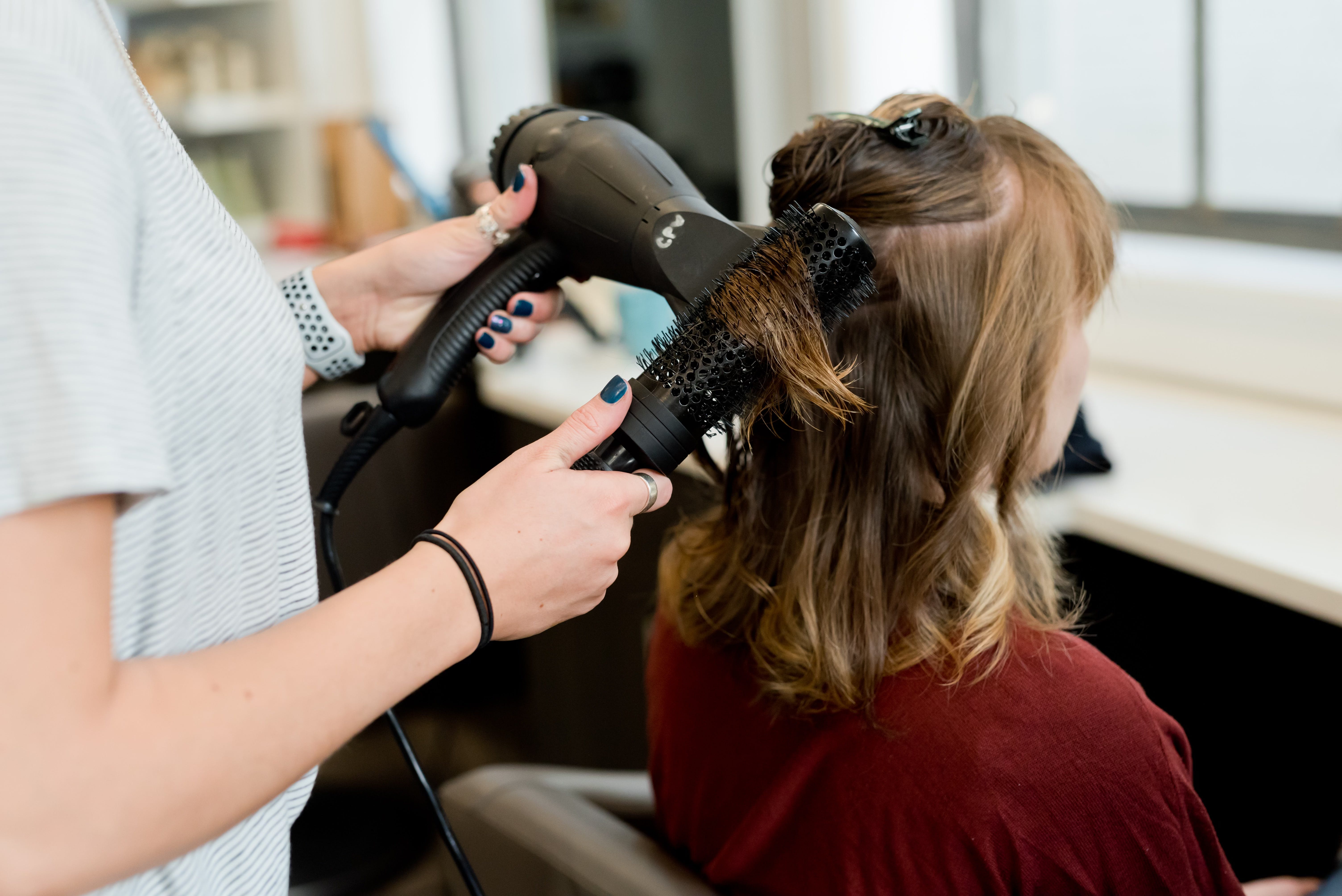 For many people, the hairstylist’s chair is more than a place to sit for a haircut. It also often serves as a source of social connection and discussion of the latest news, celebrity gossip, or community happenings.
For many people, the hairstylist’s chair is more than a place to sit for a haircut. It also often serves as a source of social connection and discussion of the latest news, celebrity gossip, or community happenings.
Green Circle Salons sees another role for that chair: a tool for social and environmental change. The Toronto-based company works with hair salons in Canada and the U.S. to recover and repurpose beauty waste. It’s a large and unique opportunity for impact: Every day salons in North America produce about 63,000 pounds of hair, 42,000 pounds of chemicals, and 235,000 pounds of paper and plastics. I spoke with founder and CEO Shane Price as part of my research on purpose business. Here are some key points from my article on Green Circle Salon:
Price says the idea behind Green Circle Salons came to him while visiting a salon in Toronto and noticing the amount of waste being produced. “We didn’t have a whole lot of capital to invest in growing the opportunity, but what I had I threw into the business. And we realized that there were a lot of salons looking for a solution, and that was just in Toronto,” he says.
Price believes that the desire to create greater good implies shifting operational mindset of salons for long-term environmental benefit. “It is about how we can transform the way that they think about their business. Almost moving away from ‘I operate a salon that makes people look beautiful and I should take care of the planet’ to how do we transform businesses to take care of the planet,” he says. “Then the output is that you actually get to make people look beautiful.”
To spread the word about its services, Green Circle Salons partners with beauty product brands like fellow B Corp Davines and their sales representatives. “This is a relationship-driven industry, and so the relationships are what drive the results,” Price says. “When a salon hears about Green Circle and they sign on to our program, we’re committed to four things with them: helping them to be green, to build revenue, to gain clients, and to save money.”
Green Circle Salons has data to show salons that demand for sustainable operations is growing, Price said. The company did a research study with Bobit Business Media that found 72% of consumers said they care about what happens to the waste, 60% said they would consider changing salons if they knew that their waste footprint was managed responsibly, and 88% of salon professionals said it was important to work in an environment that is green and sustainable.
Green Circle Salons also prioritizes staff education because of the role salon workers play in the process. In addition to its more than 3,000 member salons, Green Circle works with academies and schools training future stylists. “Our goal as a company is to make our employees the heroes to the people that matter most in their lives — their family and their salon guests,” Price says. “Everyone wins in this model.”
Much like bread waste, scrap metal and plastics, hair waste, which most people don’t even think about, can be turned into valuable resources. For instance, hair clippings can be used in oil spill cleanups, and Green Circle has worked to optimize a product for absorption of oil and other contaminants found in wastewater and storm water drains. Price says he looks forward to spreading their approach to other salons, which will bring them closer to their goal of transforming the industry for environmental good.
